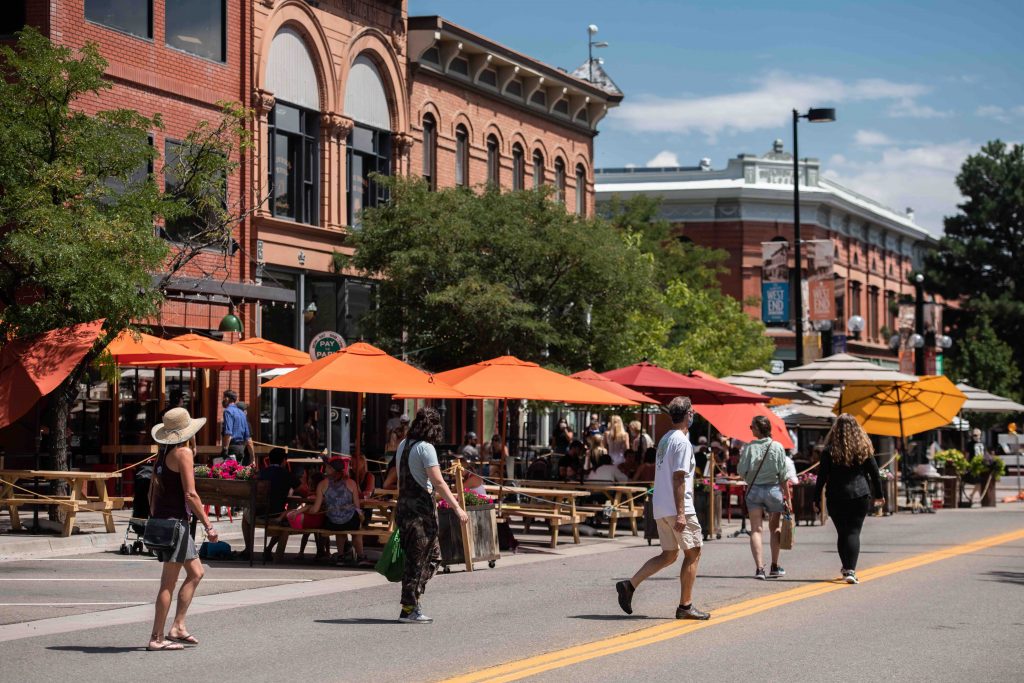
Short-term and Long-term Impacts of COVID on Commercial Real Estate
A Recap of the IRR Survey
Nearly four months have passed since initial business closures and COVID restrictions went into place. Industry experts are attempting to predict which circumstances will eventually return to pre-covid status and which are here to stay.
CRE industry experts, Integra Realty Resources (IRR), conducted an extensive survey among commercial real estate professionals across the nation. The goal was to understand what they’re going through, how they’ve responded, and what they’re expecting in the next year and beyond. Today we take a look at what IRR has to say about the Office, Industrial, and Multi-Family (MUH) sectors.
The Office Sector and COVID
According to an IRR survey, offices are the third hardest hit sector during the COVID pandemic (following retail and hospitality). Offices are also predicted to recover rather slowly (ranked fourth after Industrial, Multifamily, and Retail). The Office sector is closely correlated with unemployment rates and unfortunately quarter 2 of this year saw a massive spike in unemployment rates corresponding with the lockdowns. And while that rate is expected to decrease sharply in quarter 3 (due to the lifting of restrictions at the beginning of the summer), a Moody study predicts it will likely rise steadily over the rest of 2020 as we continue to battle the pandemic. It is uncertain when we will achieve “normalization” i.e. recovery.
IRR anticipates that office rents will not grow and in some cases will decline depending on the market and the property’s overall appeal and asset class. This is either good news (for tenants) or bad news (for owners). They do anticipate that businesses have found efficiencies in remote working and will continue to use this beyond the pandemic. Offices with shared spaces, from the coworking model to shared amenities, face much uncertainty.
The survey suggests that not all types of office bear the same level of risk. Both class A and medical offices, which are typically institutionally owned and present a stronger tenant mix, as well as offices which do not hinge on collaborative working models (e.g. coworking spaces), show more promise of a neutral vacancy, cap rates, and lease rates.
Industrial Sector and COVID
The big winner throughout the crisis is, to the surprise of few, industrial. According to the IRR survey, the Industrial sector was the least impacted by the restrictions and it has the strongest outlook for recovery. E-commerce sales are projected to increase to $4.5 trillion by 2021.
In particular, distribution centers and warehouses fared particularly well. Throughout the pandemic, e-commerce and online orders have sky-rocketed with no end in sight. Businesses need lots of storage space for both dry and cold items and they need it located near highways and other thoroughfares. Manufacturing is also expected to see an increase in demand due to disruption of the supply chain caused by the pandemic.
That’s not to say all of the industrial sector is faring as well. Smaller non-distribution spaces like small locally owned warehouses and flex spaces, are expected to slow down in development or see increases in vacancy.
Multifamily (MUH) Properties and COVID
Nationally, MUH did not fare as well as industrial through this last quarter, but it is expected to make a very quick recovery (the second fastest after Industrial). Locally and with the help of a constant demand for housing linked to the University of Boulder, MUH properties have seen a surge in recent months with investors identifying them as a safe place to weather an uncertain time.
In the Boulder market, MUH investments show little evidence of slowing down. We are seeing an increased demand in both value add and stabilized MUH properties. Rents seem to continue to be stable locally as Boulder has been ranked as one of the most stable housing markets in the nation. During this crisis, this seems unlikely to change.
With colleges arranging hybrid on-campus classes, and employers allowing flexible work-from-home schedules, the demand for housing is as robust as ever.
Conclusion
The most important and impossible question to answer is whether we are dealing with the fall out of a single economic event or a new normal. In other words, is this about temporary challenges as businesses struggle to recover or is it about an indefinite change in how we work and how commercial spaces are used?
We do not have all the answers. We do not know the future. But we do know that Boulder has a few things working in its favor. Those include a growing life sciences sector, a robust entrepreneurial community, being a hub for technology employers and employees alike, a collaborative community, a globally recognized school district with primary and secondary options, a dense urban business center as well as rural open spaces, and a healthy and active population, all of which lend itself to an environment that has helped small businesses grow and big businesses innovate.
COVID is but a hurdle for a community which knows how to come together and an opportunity to build on the foundations of what community is meant to be. We are truly all in this together and Boulder will come out of this a leader, of that we are certain.
Call, chat, email, or text any time with questions about how we can assist your company to navigate these new horizons.
